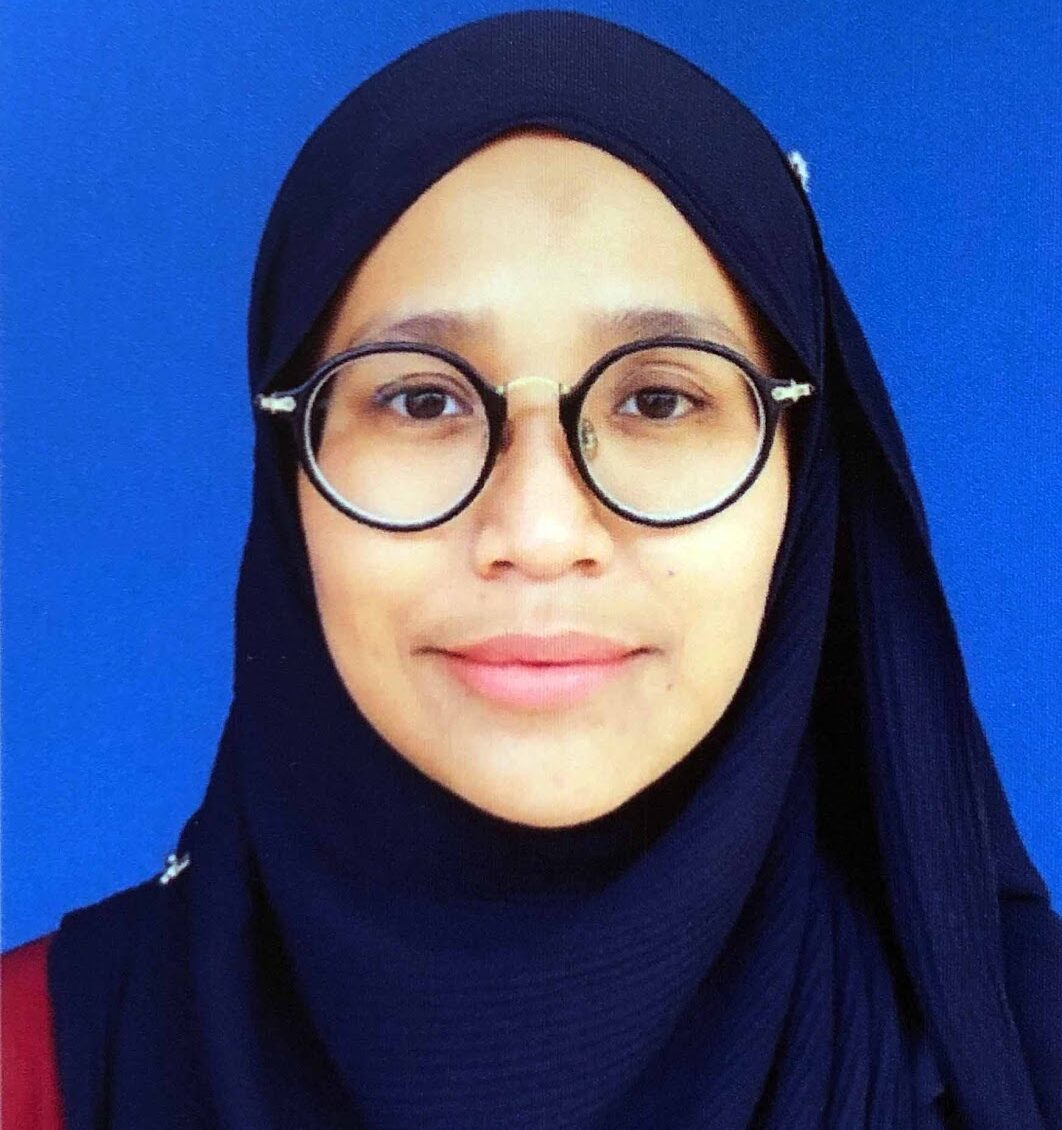Earlier this summer, Ms Mawaddah Ghazali received a WINS Academy scholarship to work towards her Certified Radioactive Source Security Professional (CRSP) designation. Ms Ghazali was awarded one of two scholarships from the WINS Academy in honour of International Women in Engineering Day.
Presently, Ms Ghazali is on study leave as a Senior Principal Assistant Director at Malaysia’s Ministry of Health to pursue a Master’s of Public Health at the University of Leeds. She plans to finalise her studies in January 2022, when she will resume her position at the Ministry of Health. We interviewed Ms Ghazali to further understand how receiving her CRSP designation will help in her local context.
“Applying for this scholarship and ultimately acquiring its certification would be a significant accomplishment in my life. It would open a new door to a totally different horizon of knowledge than what I’m usually exposed to in the medical world.”
Why did you apply for a WINS Academy scholarship?
The WINS Academy is a widely recognised and prestigious platform, giving the best structured professional advancement programme in nuclear and radioactive source security. Applying for this scholarship and ultimately acquiring its certification would be a significant accomplishment in my life. It would open a new door to a totally different horizon of knowledge than what I’m usually exposed to in the medical world.
How do you think you will benefit most from your WINS Academy learning programme?
Coming from a Public Health Management, Planning and Policy background, undertaking this programme will definitely help improve my understanding of the importance of nuclear and radioactive sources security and its management. This fundamental aspect will help me contribute to strengthening our policy in my home country, Malaysia, especially in the health sector. Ensuring the safety and security of these resources will in fact benefit the whole society, and that’s what public health is all about.
What is one gap you can identify in nuclear and radioactive sources security in Malaysia’s medical field?
I am happy to report that all our Category 1 sources are protected physically in Malaysia, however the gaps we have include financial constraints in sustaining this protection. This includes capacity building in terms of human resource training, and the medical community is not used to this security-conscious environment, because they are dealing primarily with patients. We need continuous education and awareness on how to sustain security culture, but again this falls back to financial assistance, as this won’t be given financial priority.
“I think gender parity would boost our productivity, creativity and decision-making, and we could have a more comprehensive health strategy policy, which would lead to greater results.”
How has being a woman in the field affected your career?
Undeniably, the participation of women in the field is increasing over time, and this has given me a sense of support and a driving factor to develop myself further. However, given the cultural and religious stigma about how women should behave, this somehow casts doubt on my own ability to perform in the field deemed to be male-dominated. But time and time again, I have proven that only my track record matters, not my gender.
If I were to give other women advice in working in this sector, I would say be brave and do not be afraid to speak your mind. Don’t get intimidated by your colleagues, and trust your own abilities to execute your work. The only limit you have is yourself.
How can advancing gender parity enhance your field?
Even though women make up most of the health workforce in Malaysia, we are still underrepresented at the management, leadership and governance levels. I think gender parity would boost our productivity, creativity and decision-making, and we could have a more comprehensive health strategy policy, which would lead to greater results.
